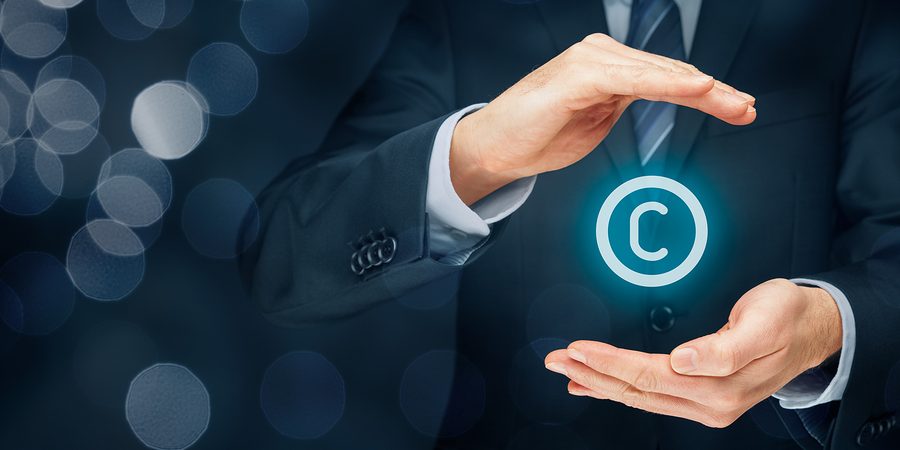Can you remember how frustrating it was in school to look over and spot your classmate peeking at your test answers? Unfortunately, when it happens to an adult, it can mean a lot more than frustration. It can be devastating. The good news is that copyright laws have been put in place to not only protect your intellectual property, but also to enforce your brand standards. Copyright infringement is a major problem. Understanding copyright laws should be on anyone’s minds who is producing an item, written work, or service. Brush up on your copyright law information… and note – we’ve got you covered!
Simply put, copyright laws are in place to prevent someone from taking your work and modifying and/or reproducing it. This can happen to anything from a purse design to a photograph on your website, and violations are serious. One thing you need to understand is what exactly you possess that can be or is copyrighted. An entire site is almost certainly not subject to copyright law, but the pieces contained within (for example, a blog or a video made by your company) are subject. Different types of media or `property are categorized under different copyright umbrellas, and specific laws that outline exactly what can or cannot be taken depending on what the item is.
It’s a common myth that everything is subject to copyright. This isn’t true, otherwise you would have news companies suing each other every time they used a headline such as “2 injured in car accident.” Copyright lawsuits consider whether something is considered ‘de minimis’, or minor enough to not be considered yours and only yours. A lawyer would be able to advise on specifics, but typically if something is considered widely needed by multiple companies, manufacturers, writers, etc. it will not be considered for a copyright. A good example of this is a watch: you would be able to copyright a watch face with, say, a unique butterfly design on it but not the idea of a watch.
Simply putting a C inside a circle is often not enough to keep your intellectual property safe anymore from those who would want to take or adapt it. In the United States, you are able to actually apply for and register your creations as yours and yours alone through the US Copyright Office. This isn’t a magic barrier to stop people from getting ‘inspired’ off of your work, but is often crucial in copyright lawsuits because a registered copyright claim will establish that you are the first person to think of the item, wording, or design.
The most important thing you should know about copyright laws is: you must know exactly who the owner is. If you’ve written a beautiful article but did it because you’re paid to do so, that article might not necessarily be yours. The two basic rules are: if you’ve created something on behalf of an employer, that something is your employer’s, and if you’ve created something for the government or a government agency, that something belongs to the government or agency.
Copyright law is often complicated and is easy to misinterpret, so go with the old adage that an ounce of prevention is worth a pound of cure. Getting a professional to manage your copyright security will undoubtedly save you time and money down the line by combating physical and cyber counterfeit products.


